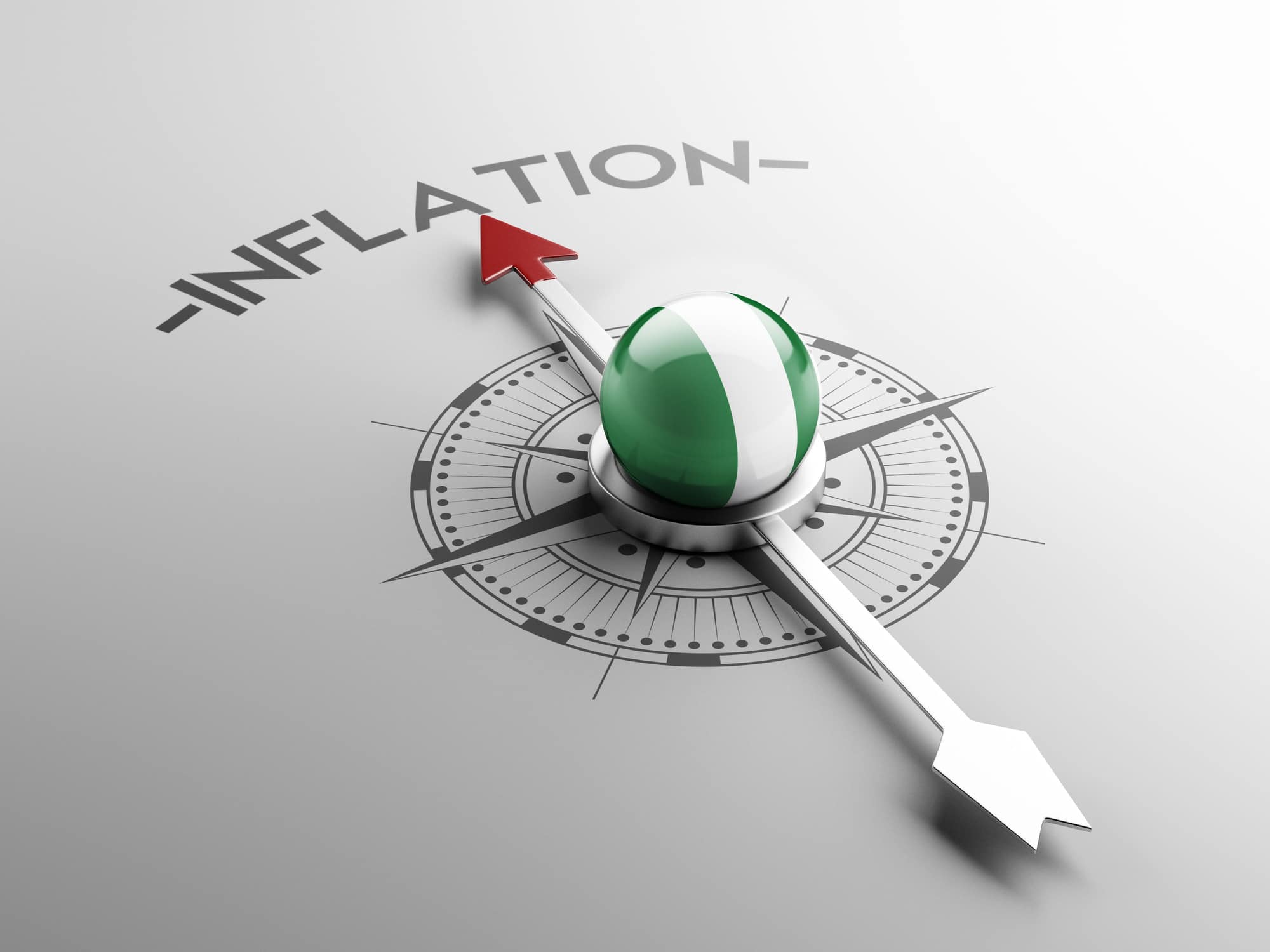Nigeria faces its highest inflation rate in approximately two decades, with the last instance of such soaring inflation recorded back in September 2005, when the rate touched 24.3%.
Nigeria faces its highest inflation rate in approximately two decades, with the last instance of such soaring inflation recorded back in September 2005, when the rate touched 24.3%.
The National Bureau of Statistics (NBS) reported that the headline inflation rate in July reached 24.08%, marking a significant increase from the June rate of 22.79%.
Analyzing the data, it becomes apparent that the month of July witnessed a noteworthy 1.29% point rise in the headline inflation rate when compared to the previous month.
Comparing July to the same month the preceding year, the headline inflation rate on a year-on-year basis surged by 4.44% points. This substantial increase in inflation rate, when juxtaposed with July 2022’s rate of 19.64%, reveals the escalating inflationary pressures that the Nigerian economy currently grapples with.
Loading...
This recent development raises concerns and calls for a comprehensive understanding of its implications on the nation’s economy and its citizens’ livelihoods.
According to Iheakanwah Felix Arinzeh, a financial expert and doctor of business administration, the current inflationary surge was not unforeseen.
Arinzeh tells FORBES AFRICA: “The July inflation rate is not a shock to financial experts. Believe me, the inflationary pressure was expected, considering the tough policy decisions of the President Bola Tinubu-led administration.”
He attributes the upward inflationary pressure to a combination of factors, including the removal of the fuel subsidy, the depreciation of the Naira, and the global food crisis. He also points out the impact of the ongoing conflict in Ukraine, which has disrupted global supply chains and subsequently led to increased energy and food prices.
However, Arinzeh advocates for further devaluation of the Naira to enhance export competitiveness, especially for non-oil exports, which could bolster foreign exchange earnings and reserves.
While acknowledging the positive potential of recent government policies to revive the economy, Arinzeh highlights the importance of effective communication. He believes that proper sensitization about the implications of policies to the populace would have alleviated concerns and prepared citizens for the outcomes.
“I suggest the provision of financial assistance to vulnerable households via a social intervention program will go a long way in alleviating the excruciating impact of the high inflationary pressure on essential commodities.
“I believe we can recover well, but slowly from the current situation,” says Arinzeh.
Loading...
